15 Whole Foods That Increase Platelet Count Naturally
A list of the best foods to improve your blood platelets, thereby strengthening immunity.

Image: Midjourney/ StyleCraze Design Team
There are several foods that increase platelet count naturally. These plate-shaped, sticky, colorless, small cells help clot the blood whether your injury is small or life-threatening (1). This, in turn, prevents excessive blood loss and even death. But sometimes, the blood platelet count may dip due to viral diseases, cancer, or genetic disorders (2).
If you have a low platelet count, apart from needing medical attention, you need to consume foods that naturally stabilize the blood platelet count. Unprocessed fruits, vegetables, legumes, and whole grains are packed with natural nutrients and are great to increase platelet count naturally.
In This Article
What Causes A Low Platelet Count?
The following factors can lead to a low platelet count, medically known as thrombocytopenia (3), (4), (5):
1. Bone Marrow Disorders: Diseases like leukemia and aplastic anemia can affect platelet production in the bone marrow.
2. Autoimmune Disorders: In conditions such as immune thrombocytopenia (ITP) the immune system mistakenly attacks and destroys the platelets.
3. Viral Infections: HIV, hepatitis C, and Epstein-Barr virus can impair platelet production.
4. Medications: Certain medications such as chemotherapy drugs, antibiotics, and diuretics can lead to low platelet levels.
5. Nutritional Deficiencies: Vitamin B12, folate, and iron deficiencies can impact platelet production.
6. Liver Disease: Chronic liver disease interferes with platelet production and may also cause spleen enlargement, leading to platelet sequestration.
7. Pregnancy: Some pregnant women may experience gestational thrombocytopenia due to increased platelet destruction.
Here is a list of 15 whole foods to help increase your platelet count. Swipe up!
Key Takeaways
- Platelets help in fighting viral diseases, cancer, and prevent excessive blood loss by helping in blood clotting.
- Consuming food like papaya, kiwi, red meat, bell peppers, leafy green vegetables, and peas can boost platelet count.
- Vitamin B12 and iron rich foods like dairy products, eggs, lentils, or tofu can also help in increasing platelet count.
- Staying hydrated also helps in maintaining platelet count.
Essential Nutrients For Platelet Production
Certain nutrients in your diet are responsible for increasing your platelet count. The synthesis of red blood cells, which directly affects the creation of platelets, depends on vitamin B12 (6). Vitamin C enhances iron absorption, playing a key role in boosting hemoglobin levels and supporting overall blood health (7). Folate is required for activities like DNA synthesis and cell division, which are critical for the creation of new blood cells, including platelets (8). Another essential vitamin that helps produce hemoglobin and facilitates the transfer of oxygen is iron, which also raises platelet counts (9).
Foods To Increase Platelet Count Naturally
1. Papaya And Papaya Leaf
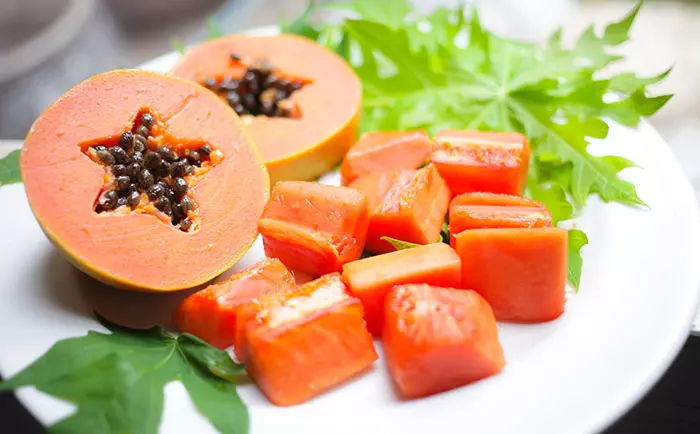
It is highly recommended to consume papaya if your blood platelet levels are low (10). Apart from eating the ripe papaya fruit, you can drink a concoction made from the papaya leaves, which is equally helpful in increasing the blood platelet count. According to researchers at the Asian Institute of Science and Technology in Malaysia, papaya leaf extract was extremely effective in increasing the platelet count in patients who had dengue (4).
Prakalya Prakash, a lifestyle blogger, recounted her experience of using papaya leaves to increase her platelet count when she got dengue. She consumed it twice a day and notes, “I am living proof that papaya leaves do indeed raise platelet count, as is also claimed (i).
How To Use Papaya Leaf To Increase Platelet Count?
Boil the papaya leaves with water in a kettle. Strain and drink the extract twice a day. You can try consuming both the leaf extract and the fruit to increase the blood platelet count quickly.
2. Wheatgrass
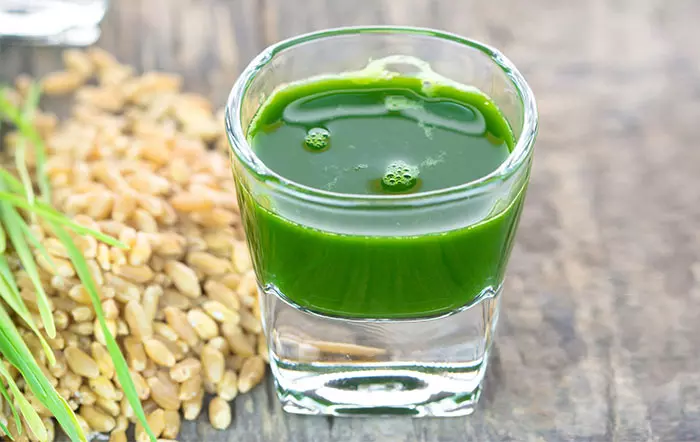
In a study published in the International Journal of Universal Pharmacy and Life Sciences, 2011 edition, wheatgrass was found to be beneficial in elevating the platelet count (11). Researchers found that it helped increase the red blood cell, hemoglobin, and differential white blood cell counts. This is because wheatgrass is rich in chlorophyll and has a molecular structure almost similar to hemoglobin.
How To Use Wheatgrass To Increase Platelet Count?
Drinking a half cup of wheatgrass juice mixed with a few drops of lemon juice daily helps improve the platelet count.
3. Pomegranate
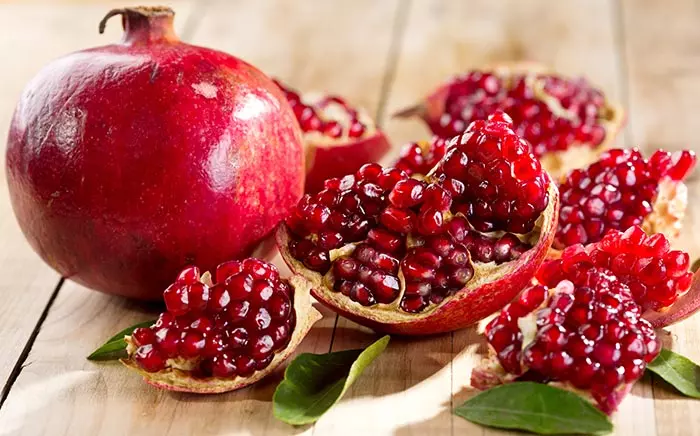
The red, diamond-like seeds of pomegranate are loaded with nutrients that have antioxidant, anti-inflammatory, and immunity boosting properties. Scientific research confirmed that pomegranate could help increase platelet count, thereby preventing the risk of diseases (12).
How To Use Pomegranate To Increase Platelet Count?
Make fresh juice and drink it. Or add pomegranate to salads, smoothies, and breakfast bowls.
4. Fish Oil
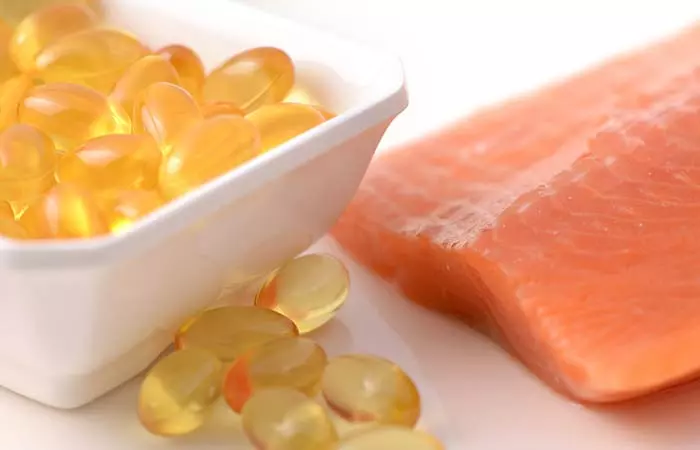
The Thunder Bay Regional Health Center has recommended a high-protein diet for increasing the platelet count. Lean meat and fish are known to increase the platelet count, but there is no significant scientific evidence to prove this. Researchers have found that fish oil has the potential to increase platelet count and activity and prevent various diseases related to low-platelet count (13).
How To Use Fish Oil To Increase Platelet Count?
Increase your lean protein consumption. Consume fish, chicken breast, etc. Talk to your doctor to find out the best fish oil supplement and its dosage.
5. Pumpkin
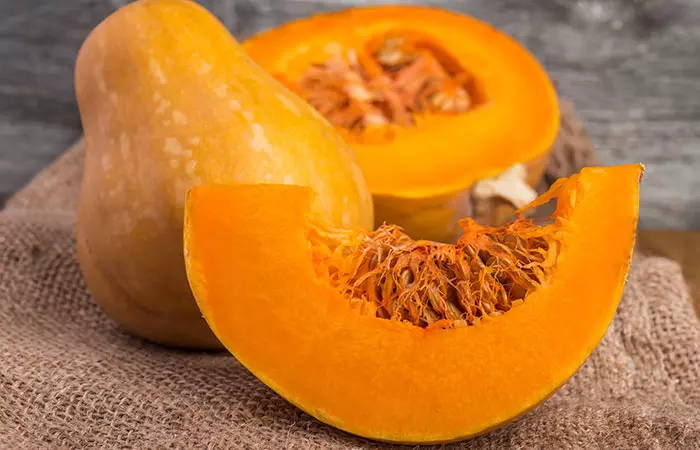
Pumpkin is rich in vitamin A, helps to support the development of platelets, and regulates the proteins that are produced by the body cells. The regulation of protein cells is highly important for elevating the number of platelets in the blood.
How To Use Pumpkin To Increase Platelet Count?
Prepare half a glass of fresh pumpkin juice and add a teaspoon of honey to it. Drink this twice or thrice a day for maximum benefits. You can also add pumpkin to baked goods, smoothies, stews, soups, and puree. Pumpkin seeds also have similar benefits and you may consume them as a snack or pair them with other recipes.
6. Vitamin C-Rich Foods
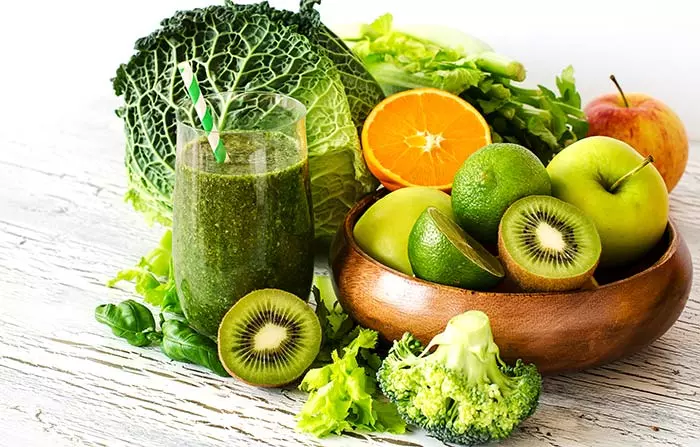
It is said that regular intake of foods rich in vitamin C helps to improve the platelet production in the body. Vitamin C is a powerful antioxidant, and higher doses of this vitamin prevent the free radical damage caused to the platelets (14).
Which Vitamin C Foods Can Increase Platelet Count?
The daily recommended intake of Vitamin C is 65-90 mg a day as per Mayo Clinic. You must include foods such as oranges, lemons, kiwi, bell peppers, spinach, and broccoli in your diet.
7. Leafy Greens
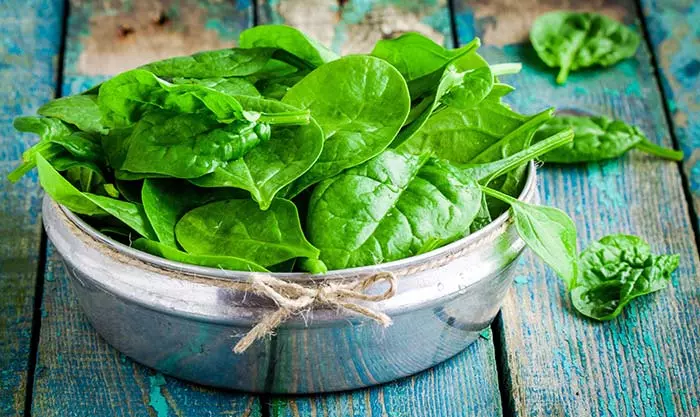
Leafy greens, such as spinach, kale, and fenugreek leaves, are high in vitamin K, and hence, you should consume them when your platelet count hits bottom (15).
During an injury, the body activates proteins to stimulate the formation of blood clots and stop the bleeding. These proteins depend on vitamin K for activation, without which the clotting of blood is not possible. That is why when the blood platelets are low, you must increase your consumption of leafy greens, especially kale as it contains a high amount of vitamin K (1 cup chopped kale contains 547 micrograms of vitamin K).
How To Consume Leafy Greens To Increase Platelet Count?
Add the greens to salads and smoothies. You can also have them blanched or boiled.
8. Indian Gooseberries
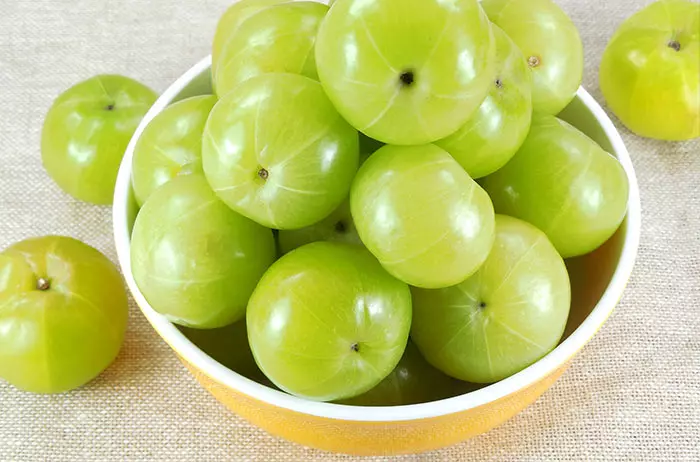
Indian gooseberries, popularly known as amla, are considered effective in increasing the production of blood platelets and boosting the immune system. Although the studies are limited, anecdotal evidence suggests that the use of amla juice may help improve platelet function in people affected with dengue fever. Moreover, amla intake showed stepwise improvement in platelet aggregation (16).
How To Consume Indian Gooseberries To Increase Platelet Count?
Take 3 to 4 gooseberries on an empty stomach every morning. You can also consume amla juice by mixing it with honey. Drinking this mixture 2 to 3 times a day helps to increase the blood platelet production. If you are looking for something tasty, you can have pickles and homemade jam made from fresh Indian gooseberries.
9. Beetroot And Carrot
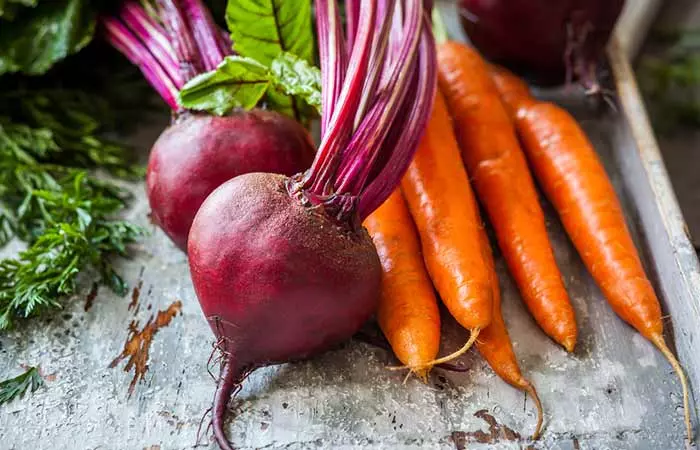
Beetroot is often recommended for anemic patients. According to studies, one bowl of carrots and beets taken twice a week helps increase the blood platelet count.
How To Consume Beetroot And Carrot To Increase Platelet Count?
You can drink the juice, add them to salads, or even prepare a soup.
10. Coconut Oil
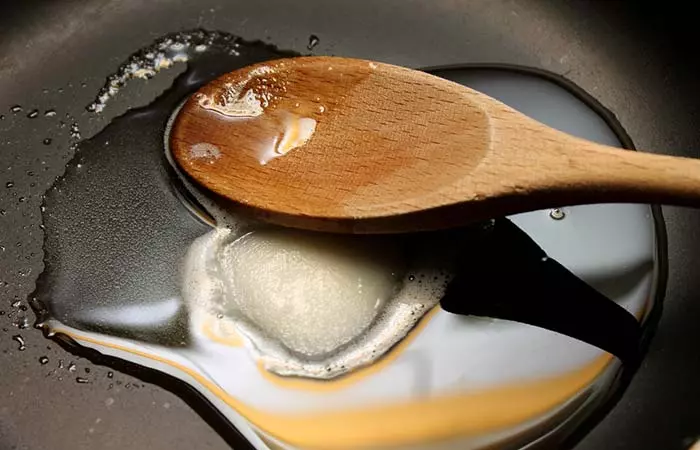
Coconut oil is rich in healthy fats and other nutrients. And this is precisely why it is considered to be very healthy and effective. Scientists fed rhesus monkeys with coconut oil and found that the platelet activation increased (17).
How To Consume Coconut Oil To Increase Platelet Count?
Use edible grade coconut oil for consumption. Add it to salads and smoothies and use it in cooking.
11. Fresh Milk
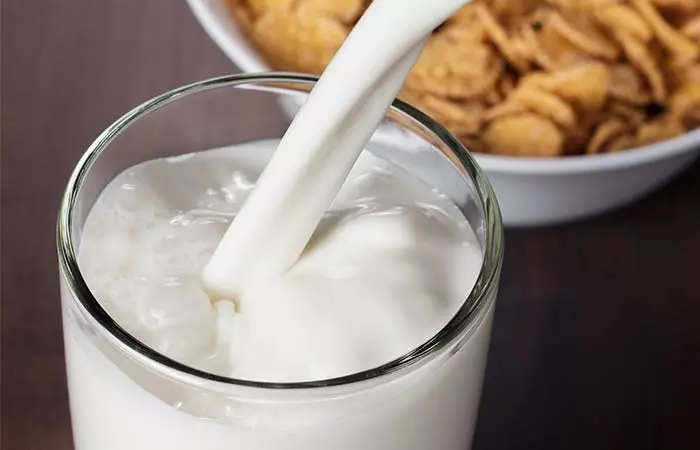
Milk is a good source of calcium, vitamin D, folate, and vitamin K. Vitamin K deficiency prevents your blood from clotting and may lead to severe bleeding (18). Hence, include milk in your daily diet to boost immunity and improve the blood platelet count.
How To Take Fresh Milk To Increase Platelet Count?
Consume a glass of milk in the morning or before going to bed. You can also add it to your smoothie, breakfast bowl, or dessert.
12. Raisins
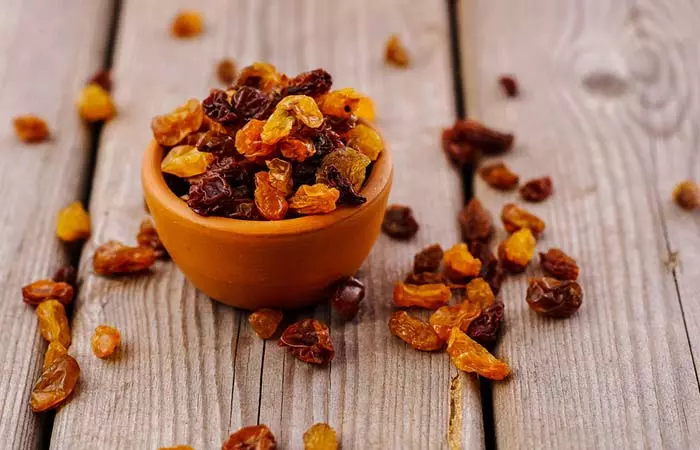
Raisins are loaded with iron, which is important for RBC and platelet growth. Thrombocytopenia or low platelet count and anemia occur due to iron deficiency (19). Including raisins in your diet can be one of the effective remedies to treat anemia and boost your iron levels naturally.
How To Include Raisins In Your Diet To Increase Platelet Count?
Soak the raisins overnight. In the morning, add them to your smoothie, breakfast bowl, or a glass of milk. You can also use them to make dessert. Or just pop 4-5 raisins in your mouth as a snack between large meals.
13. Folate-Rich Foods
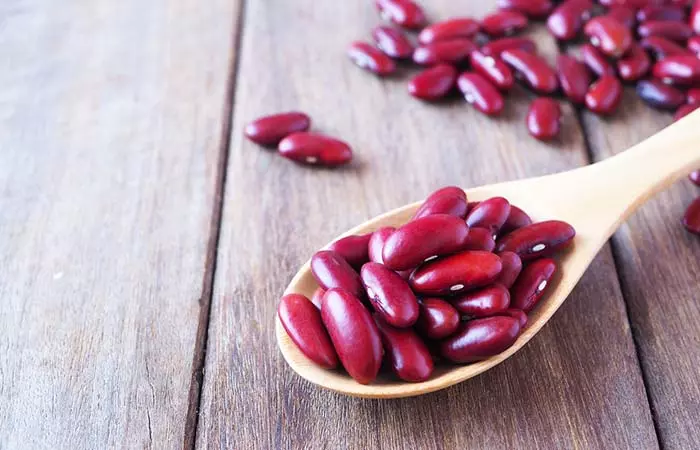
Folate naturally occurs in many foods like kidney beans, oranges, peanuts, and black-eyed peas.
How To Consume Folate-Rich Foods To Increase Platelet Count?
Have 20-25 peanuts as a snack, or toss kidney beans and black-eyed peas in soup.
14. Vitamin B12-Rich Foods
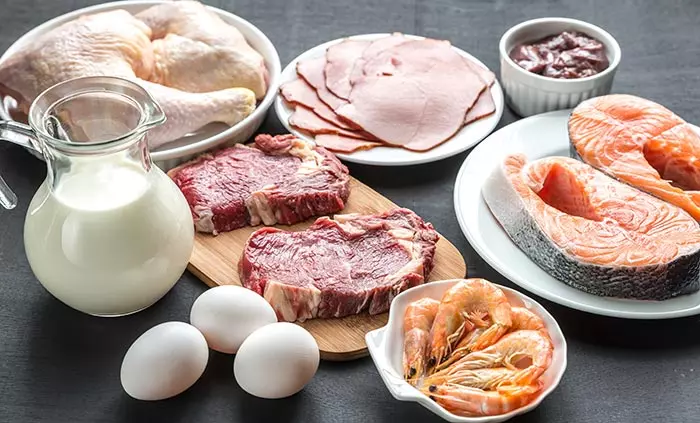
Vitamin B12 deficiency not only poses a risk of blisters in your oral cavity but also leads to weak immunity and a low platelet count. Including vitamin B12-rich foods in your diet is shown to increase the platelet count (18).
 Quick Tip
Quick TipHow To Consume Vitamin B12-Rich Foods To Increase Platelet Count?
Consume boiled, fried, or poached eggs. Milk, as already mentioned before, is good for increasing the platelet count, and you can consume it with your breakfast cereal. Or have a glass of milk in the morning or before going to bed. Add cheese to your eggs, wraps, salads, etc. Other dairy products like cheese, yogurt, or kefir are also good sources of Vitamin B12.
15. Brussels Sprouts
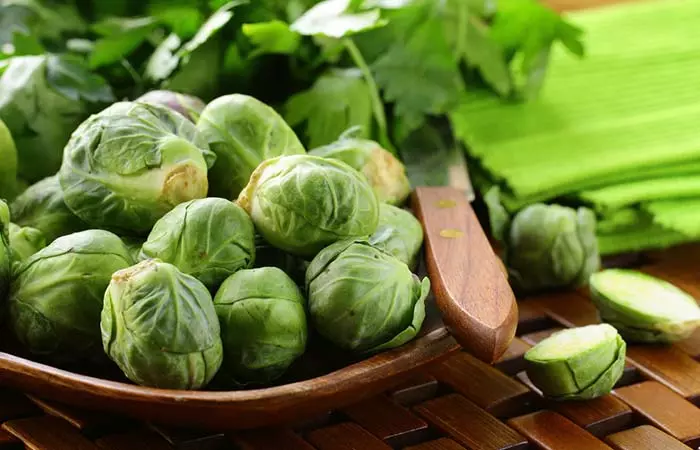
Not many of us are fans of these, but since they are rich in vitamin K, they have the potential to increase the blood platelet count. Vitamin K deficiency can lead to continuous bleeding, and hence, you must consume Brussels sprouts regularly to prevent it (19).
 Quick Tip
Quick TipHow To Include Brussels Sprouts In Your Diet To Increase Platelet Count?
Grilled and well seasoned Brussels sprouts are the best. But you can also blanch them and toss them in the salad bowl with other veggies and a well-made dressing.
Apart from the ones on the above list, you may also include these hemoglobin-rich foods in your diet to manage the symptoms of anemia and improve your overall health.
Infographic: Top 5 Foods To Boost Your Platelet Count
Platelets are an essential component of the human body that help prevent any harmful consequences that may result from wounds. Any platelet reduction might result in significant problems like heavy bleeding from the slightest injuries. The good news is consuming foods that boost platelets is the first step towards ensuring that your blood has enough platelets. We have identified the best 5 top foods that help improve your platelet count in the infographic below.

Illustration: StyleCraze Design Team
Platelets or thrombocytes are blood cells that play a key role in blood clotting. Maintaining blood platelet count is essential to prevent excessive blood loss during injuries. You need to consume foods to increase platelets naturally. Consuming papaya and papaya leaf, wheatgrass, pomegranate, fish oil, pumpkin, raisins, beetroot and carrot, fresh milk, and leafy greens may help stabilize platelet count in people with fewer platelets. In addition, always check with your doctor for medical advice as diet alone is not enough to improve platelet counts.
Frequently asked Questions
Is it necessary to consult a doctor when trying to increase platelet count through diet?
Yes, speaking with a healthcare provider before making any dietary changes is important, especially for those with underlying medical issues. A dietician may offer personalized guidance and suggest you a healthy and safe diet plan. In addition, a doctor can assist in determining any underlying reasons for a low platelet count and suggest suitable interventions or therapies to promote overall health.
Does tomato increase platelets?
Yes, tomatoes can increase platelet count. Jesse Feder, Clinical Dietitian at the Memorial Regional Hospital South, says, “They are a rich source of folate and vitamin C, which are involved in platelet production. Therefore, consumption of tomatoes can help increase platelet count.”
What foods are to be avoided to increase platelet count?
While there are no foods that can reduce your platelet count, there are some that can interfere with their clotting function. Jesse Feder recommends limiting your consumption of onion, garlic, ginger, ginseng, grapes, wine, cherries, and berries like strawberries, raspberries, blueberries, and raspberries. He adds, “You do not necessarily need to avoid these altogether, but I would not have them in large quantities.”
How many platelets do we have?
Our blood contains anywhere between 150,000-450,000 platelets per microliter of blood.
How long do they live?
They live for about 5-10 days and are replenished with new platelets.
What causes the blood platelet levels to drop?
The blood platelet levels drop due to various reasons like
- the bone marrow doesn’t produce enough platelets
- the spleen retains too many of them
- the body uses up or destroys the platelets
- disease
- high fever
- infection
What foods to avoid if you have low platelets?
Avoiding foods containing aspartame (artificial sweetener) and quinine and reducing alcohol intake can help if you have low platelets. However, more research is warranted in this regard.
Do bananas increase platelet count?
There is a lack of scientific evidence to suggest that bananas increase platelet count.
Does dark chocolate increase platelets?
There is a lack of scientific evidence to suggest that dark chocolate increases platelet count.
Does coconut water increase platelets?
Possibly. Just like coconut oil, coconut water may help increase platelet count. Dengue patients with low platelet counts are often recommended to take coconut water to boost their count. However, more studies are needed in this regard.
Is yogurt good for platelets?
This depends on the type of ingredient the yogurt was fortified with. While anecdotal evidence suggests that vitamin D-fortified yogurt or that rich in vitamin B12 may help increase platelet count, those fortified with olive oil (or its components) may lower platelet function (9).
Does turmeric increase platelet count?
There is a lack of scientific evidence to suggest that turmeric increases platelet count.
Illustration: Best Foods That Increase Platelet Count Naturally
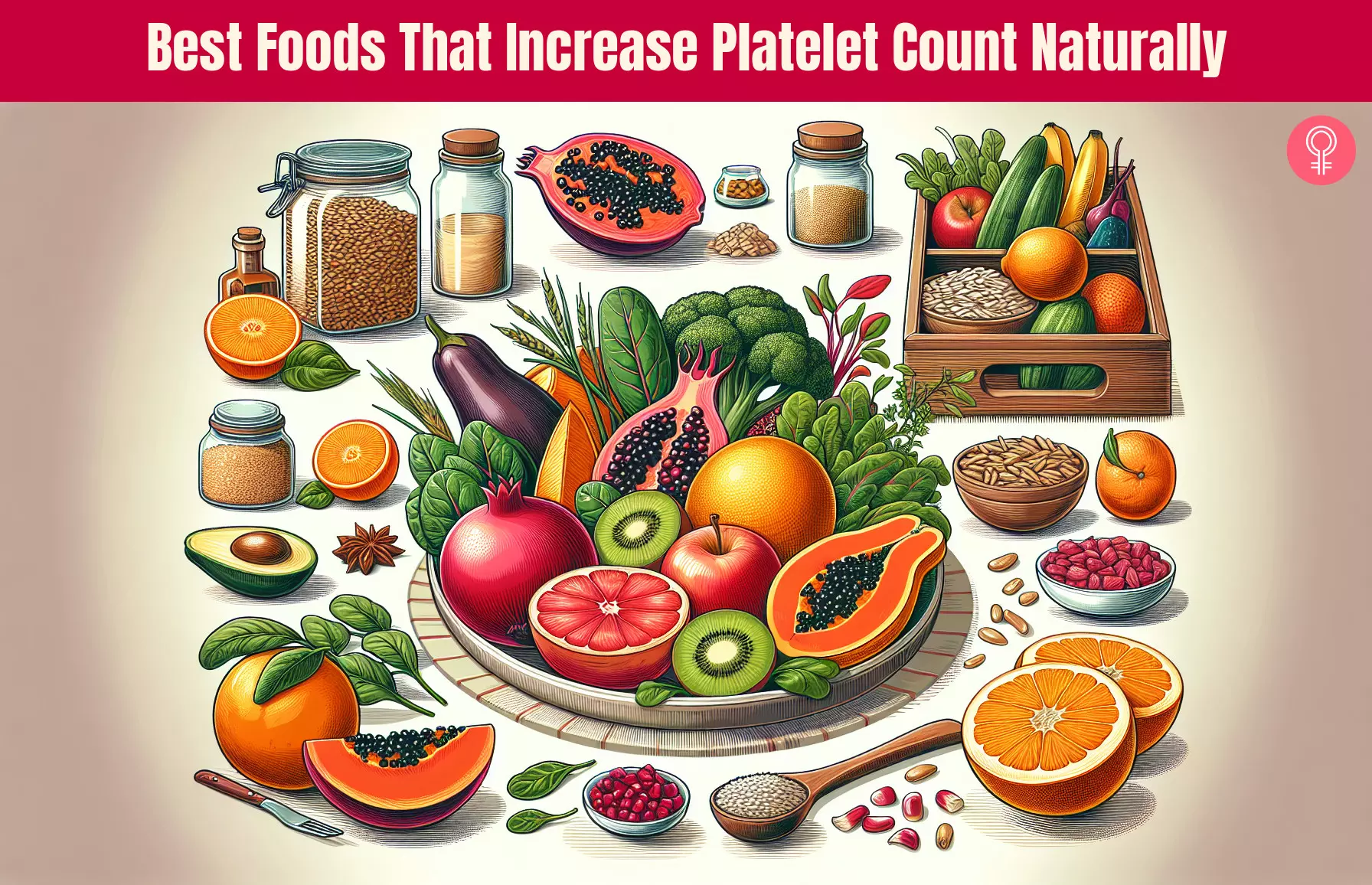
Image: Dall·E/StyleCraze Design Team
Disclaimer: “The content in this article is not intended to be a substitute for professional medical advice, diagnosis, or treatment. Always consult your physician before starting a diet, exercise, or supplement regimen. This article is intended for educational purposes only.”
Learn how to naturally increase your low platelet count with simple lifestyle changes and dietary modifications. Tune in to this informative video now!
Personal Experience: Source
StyleCraze's articles are interwoven with authentic personal narratives that provide depth and resonance to our content. Below are the sources of the personal accounts referenced in this article.
i. How I overcame Dengue fever!https://medium.com/@prakalyaaprakash/how-i-overcame-dengue-fever-5645c9275c61
References
Articles on StyleCraze are backed by verified information from peer-reviewed and academic research papers, reputed organizations, research institutions, and medical associations to ensure accuracy and relevance. Read our editorial policy to learn more.
- The platelet: form and function
https://pubmed.ncbi.nlm.nih.gov/16427392/ - Thrombocytopenia in Virus Infections
https://www.ncbi.nlm.nih.gov/pmc/articles/PMC7924611/4 - Thrombocytopenia
https://www.nhlbi.nih.gov/health/thrombocytopenia - Thrombocytopenia in chronic liver disease: Physiopathology and new therapeutic strategies before invasive procedures
https://www.wjgnet.com/1007-9327/full/v28/i30/4061.htm - Platelets and Infection – An Emerging Role of Platelets in Viral Infection
https://www.ncbi.nlm.nih.gov/pmc/articles/PMC4270245/ - Vitamin B-12
https://www.ncbi.nlm.nih.gov/pmc/articles/PMC3262614/ - Dietary Iron
https://www.ncbi.nlm.nih.gov/books/NBK540969/ - Folic Acid
https://www.ncbi.nlm.nih.gov/books/NBK554487/ - Consumption of yogurt enriched with polar lipids from olive oil by-products reduces platelet sensitivity against platelet activating factor and inflammatory indices: A randomized double-blind clinical trial
https://www.sciencedirect.com/science/article/pii/S2666149722000081 - Papaya and dengue
https://www.ncbi.nlm.nih.gov/pmc/articles/PMC4078481/#ref1 - Does Carica papaya leaf-extract increase the platelet count? An experimental study in a murine model
https://www.ncbi.nlm.nih.gov/pmc/articles/PMC3757281/ - INVESTIGATION INTO THERAPEUTIC ROLE OF TRITICUM AESTIVUM (WHEAT) GRASS IN BUSULFAN INDUCE THROMBOCYTOPENIA
https://www.researchgate.net/publication/255909450_INVESTIGATION_INTO_THERAPEUTIC_ROLE_OF_TRITICUM_AESTIVUM_WHEAT_GRASS_IN_BUSULFAN_INDUCE_THROMBOCYTOPENIA?enrichId=rgreq-96371334cc10621f152409524a197653-XXX&enrichSource=Y292ZXJQYWdlOzI1NTkwOTQ1MDtBUzoxMDMzMDYwNTk4NDU2MzZAMTQwMTY0MTQ5MjUwNA%3D%3D&el=1_x_3&_esc=publicationCoverPdf - Pomegranate juice consumption reduces oxidative stress atherogenic modifications to LDL and platelet aggregation: studies in humans and in atherosclerotic apolipoprotein E-deficient mice
https://pubmed.ncbi.nlm.nih.gov/10799367/ - Moderate fish-oil supplementation reverses low-platelet long-chain n-3 polyunsaturated fatty acid status and reduces plasma triacylglycerol concentrations in British Indo-Asians
https://pubmed.ncbi.nlm.nih.gov/15159226/ - Role of AntiOxidants in Atherosclerosis: Epidemiological and Clinical Update
https://www.academia.edu/4609277/Role_of_AntiOxidants_in_Atherosclerosis_Epidemiological_and_Clinical_Update - Clinical evaluation of Emblica Officinalis Gatertn (Amla) in healthy human subjects: Health benefits and safety results from a randomized double-blind crossover placebo-controlled study
https://www.ncbi.nlm.nih.gov/pmc/articles/PMC6926135/ - Plasma platelet factor 4 response in rhesus monkeys fed coconut oil
https://pubmed.ncbi.nlm.nih.gov/2803786/ - Vitamin K deficiency bleeding presenting as impending brain herniation
https://www.ncbi.nlm.nih.gov/pmc/articles/PMC2964800/ - Severe Thrombocytopenia with Iron Deficiency Anemia
https://www.ncbi.nlm.nih.gov/pmc/articles/PMC3439835/
Read full bio of Rachelle Caves
- Jesse Feder, RDN/LDN, is a Clinical Dietitian at the Memorial Regional Hospital. He is also a certified by the American College of Sports Medicine as a personal trainer (ACSM-CPT) and the National Strength and Conditioning Association as a Certified Strength and Conditioning Specialist (NSCA-CSCS).
 Jesse Feder, RDN/LDN, is a Clinical Dietitian at the Memorial Regional Hospital. He is also a certified by the American College of Sports Medicine as a personal trainer (ACSM-CPT) and the National Strength and Conditioning Association as a Certified Strength and Conditioning Specialist (NSCA-CSCS).
Jesse Feder, RDN/LDN, is a Clinical Dietitian at the Memorial Regional Hospital. He is also a certified by the American College of Sports Medicine as a personal trainer (ACSM-CPT) and the National Strength and Conditioning Association as a Certified Strength and Conditioning Specialist (NSCA-CSCS).
Read full bio of Ravi Teja Tadimalla
Read full bio of Aparna Mallampalli







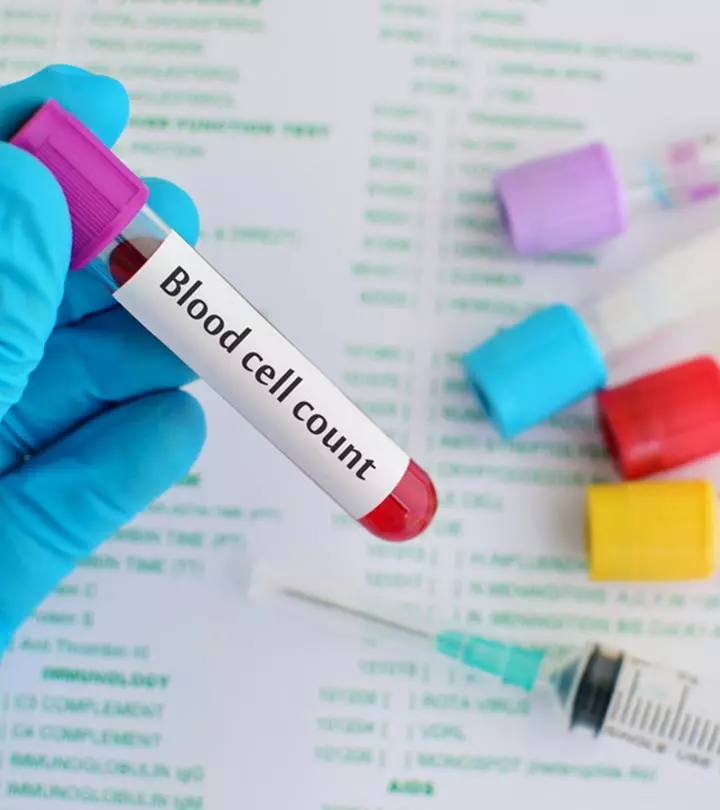

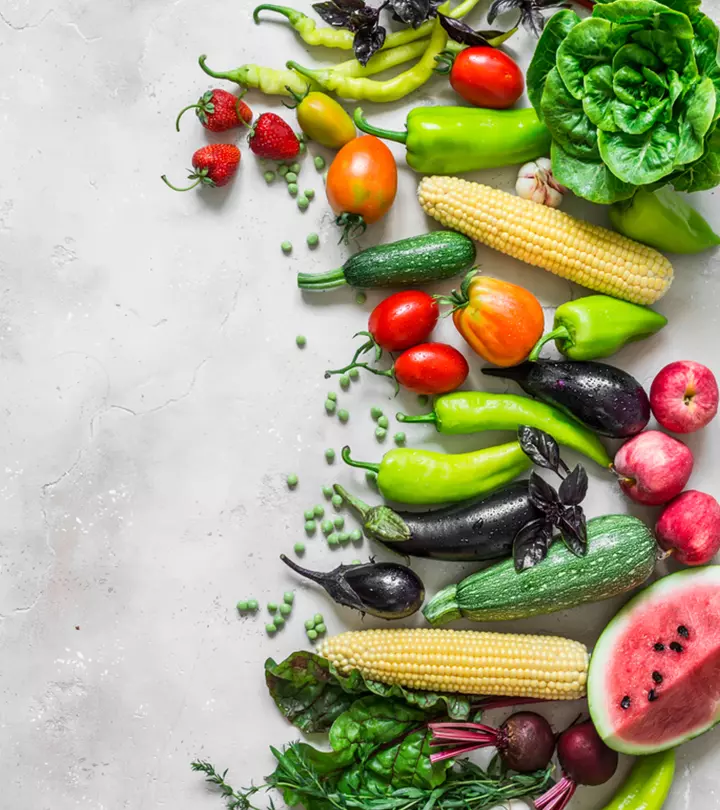




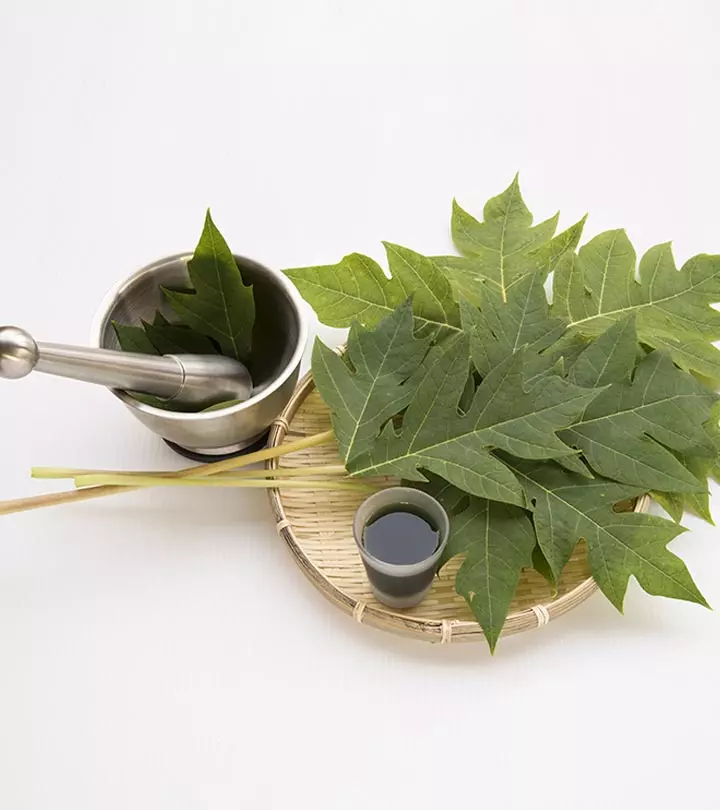
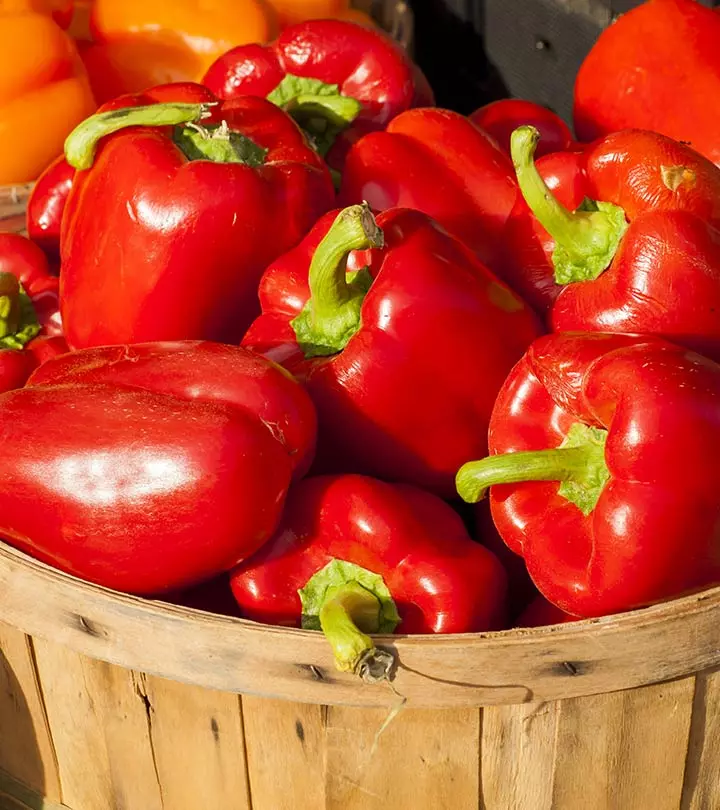
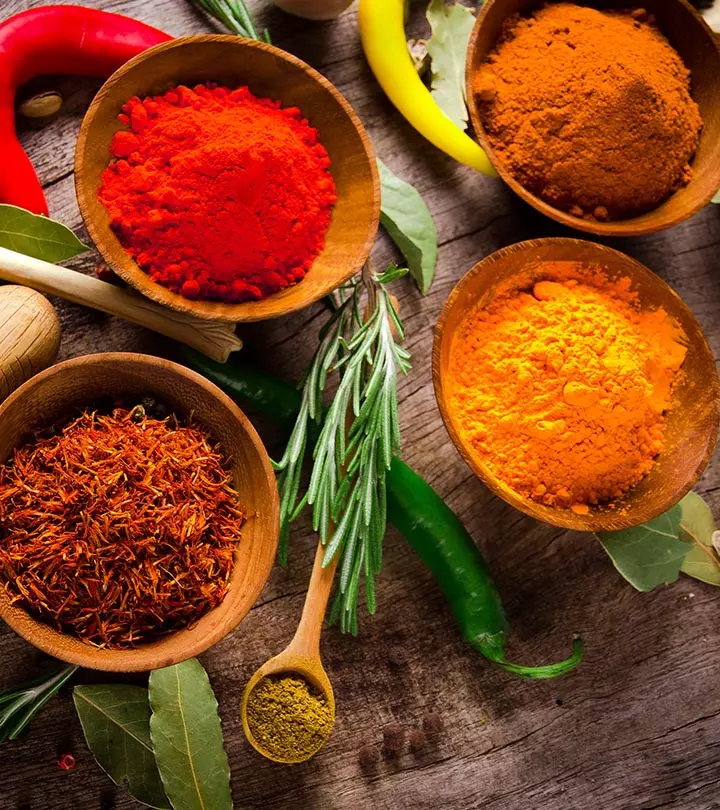
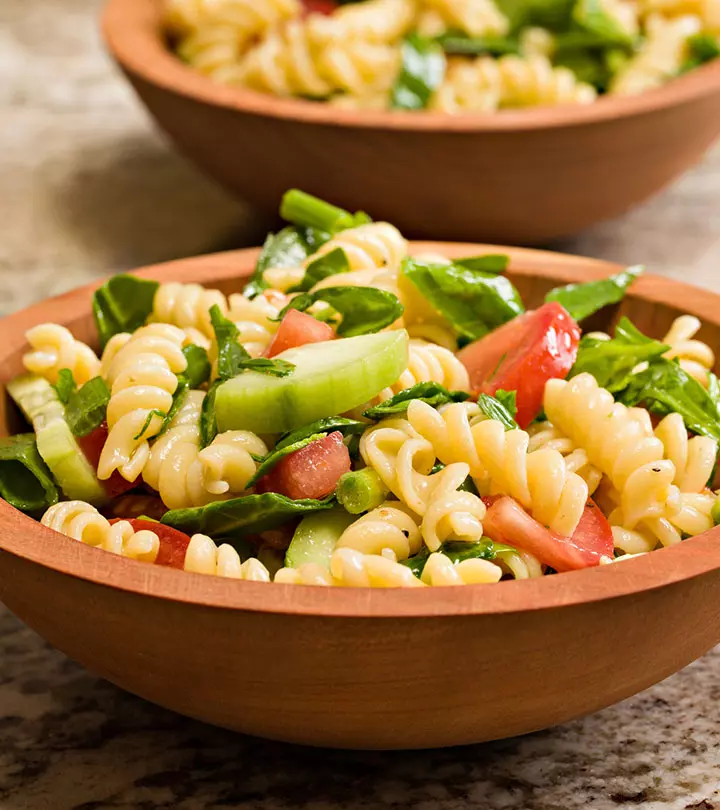




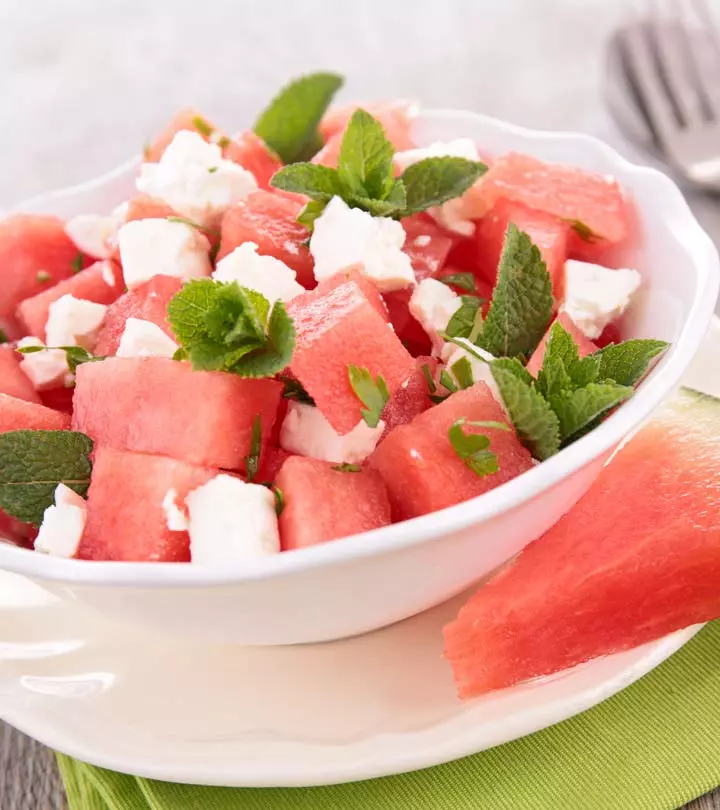
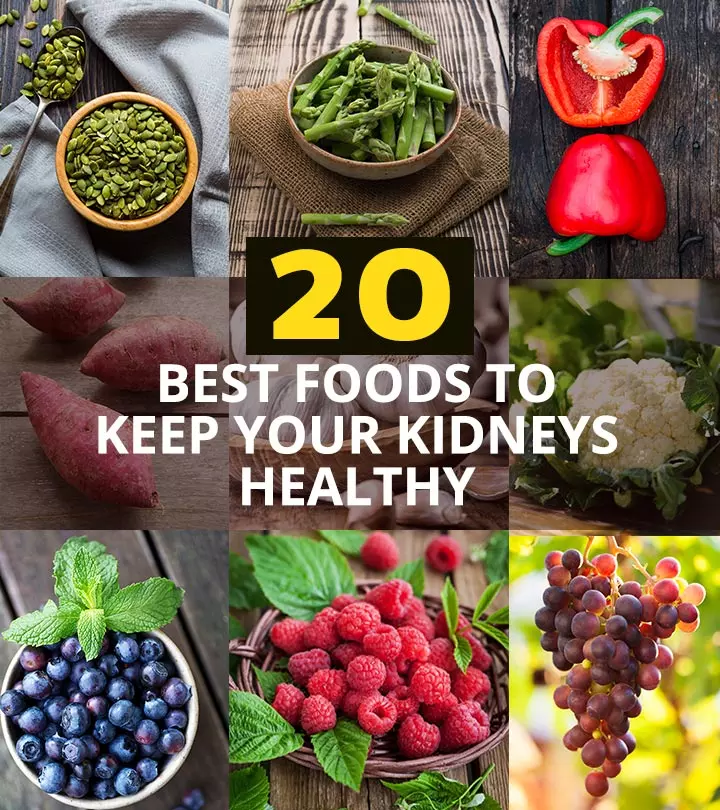
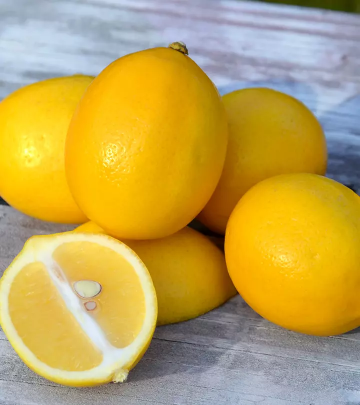
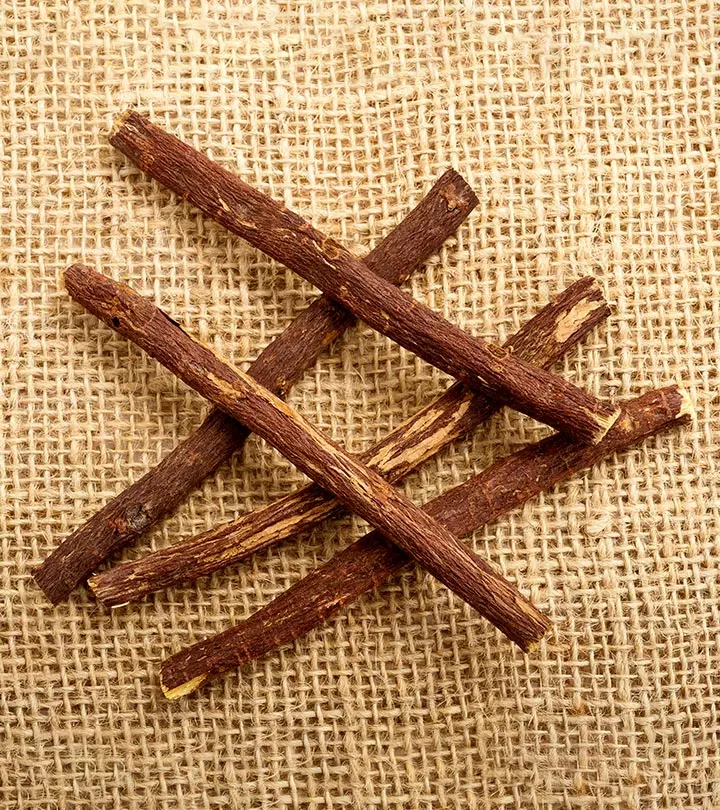

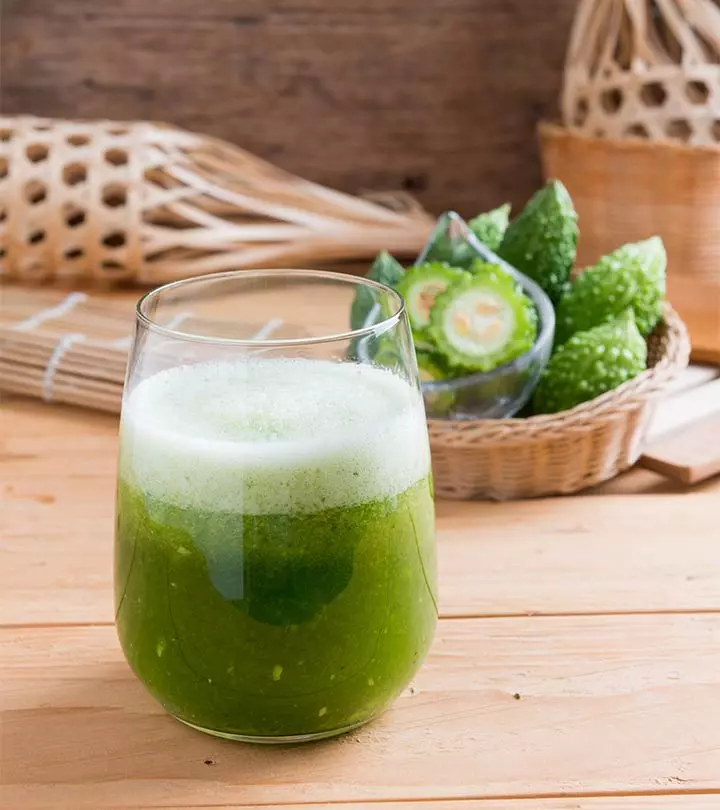
Community Experiences
Join the conversation and become a part of our empowering community! Share your stories, experiences, and insights to connect with other beauty, lifestyle, and health enthusiasts.